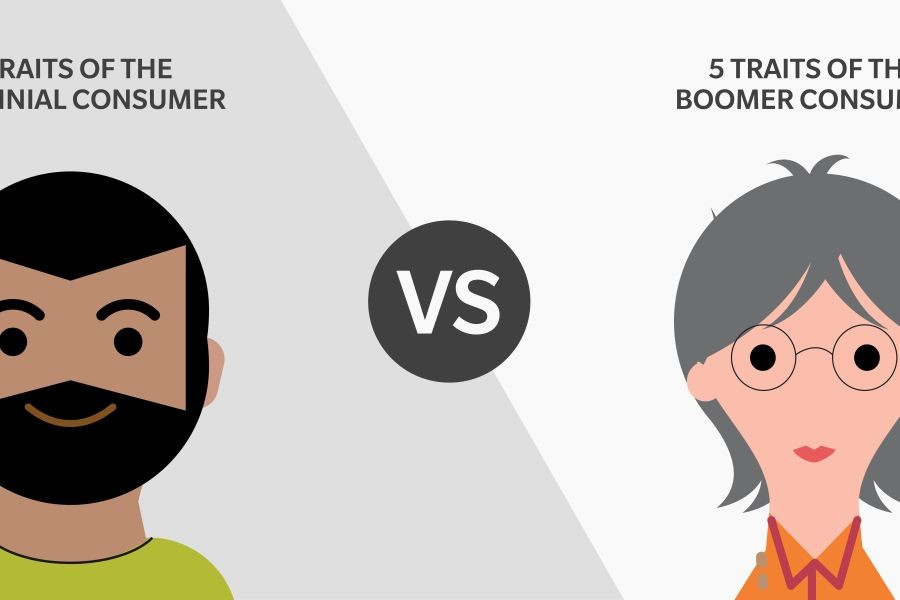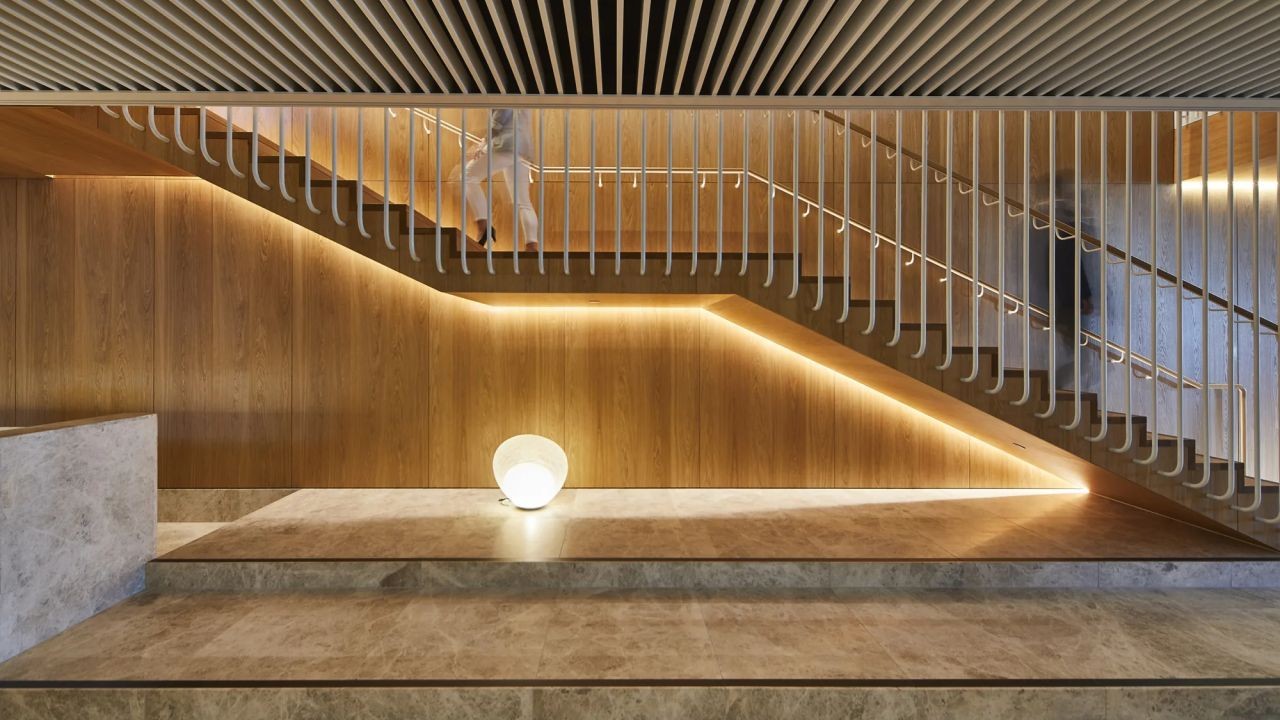In recent years, the debate over parenting styles has captured the attention of researchers, educators, and policymakers alike. In Australia, a significant question arises: are millennials worse parents than baby boomers? This article delves deep into the parenting styles of these two generations to assess their impacts, supported by data and expert insights.
Understanding Generational Differences
Baby boomers, born between 1946 and 1964, experienced parenting in a relatively stable post-war economy. Their parenting style often emphasized discipline, independence, and a no-nonsense approach. In contrast, millennials, born between 1981 and 1996, have faced financial instability, rapid technological changes, and social media's rise. These factors have influenced their more flexible, communicative, and technology-driven parenting methods.
Economic Context: Baby Boomers vs. Millennials
The financial landscape has dramatically shifted from the boomer era to the millennial age. According to the Australian Bureau of Statistics (ABS), millennials face higher housing costs, stagnant wages, and increased childcare expenses compared to their parents. This economic pressure can impact parenting by limiting resources available for children's extracurricular activities or educational investments.
Case Study: Financial Challenges of Millennial Parents
Consider Sarah, a millennial mother in Sydney. Despite having a stable job, she finds herself struggling with the high cost of living. Unlike baby boomers who often had the opportunity to buy property at a young age, Sarah is renting and spends a significant portion of her income on childcare. This financial strain is a stark contrast to the relatively prosperous conditions baby boomers enjoyed, affecting her ability to provide the same level of financial security to her children.
Parenting Styles: Discipline vs. Dialogue
Baby boomer parents often employed a more authoritarian style, focusing on discipline and structure. In contrast, millennial parents lean towards a democratic style, emphasizing open dialogue and emotional intelligence. The shift is partly due to increased awareness of mental health, supported by research from institutions like the University of Sydney, which highlights the importance of emotional well-being in child development.
Real-World Impact: Parenting Styles in Education
A study by the Australian Education Research Organisation found that children of millennial parents often exhibit higher emotional intelligence and adaptability. These children are more comfortable with technology, which is integrated into their learning environments. On the other hand, the structured approach of baby boomers has been credited for instilling discipline and focus in their children, which can lead to academic success.
Technology: A Double-Edged Sword
Technology plays a pivotal role in millennial parenting. From educational apps to parental controls, technology offers tools that can enhance learning and ensure safety. However, it also presents challenges, such as screen time management and online safety. The Australian Competition & Consumer Commission (ACCC) has raised concerns about children's privacy and data protection, urging parents to be vigilant.
Pros and Cons of Technology in Parenting
- Pros: Access to educational resources, enhanced communication, and safety features.
- Cons: Over-reliance on screens, privacy concerns, and potential developmental impacts.
Myths and Misconceptions
Several myths surround millennial parenting. One common belief is that millennials are too lenient and spoil their children. However, research from the University of Melbourne suggests that millennial parents are more likely to involve their children in decision-making, fostering independence and critical thinking. Another misconception is that baby boomers were overly strict, but many employed nurturing and supportive approaches.
Future Trends in Parenting
As society evolves, so too will parenting styles. Experts predict a continued integration of technology in parenting, with artificial intelligence playing a role in personalized education and health monitoring. Additionally, societal trends towards equality and environmental consciousness are likely to influence parenting decisions, making sustainability and inclusivity priorities for future generations.
Conclusion
While baby boomers and millennials have distinct parenting styles shaped by their unique socio-economic contexts, neither generation can be deemed superior. Instead, each offers valuable lessons and approaches that can be adapted to suit the changing needs of society. As policymakers, understanding these generational differences is crucial for developing supportive frameworks that cater to diverse parenting needs in Australia.
Final Takeaways
- Economic Influence: Millennials face greater financial challenges, impacting their parenting resources.
- Parenting Styles: A shift from discipline to dialogue is evident, promoting emotional intelligence.
- Technology: While beneficial, it requires careful management to avoid negative impacts.
- Future Trends: Expect increased tech integration and a focus on sustainability in parenting.
Call to Action
What are your thoughts on the parenting styles of millennials and baby boomers? Share your experiences and insights in the comments below, and join the conversation on how we can support diverse parenting approaches in Australia.
People Also Ask
- How does technology impact millennial parenting in Australia?Technology provides educational resources and safety tools, but it requires careful management to prevent over-reliance and privacy issues.
- What are the biggest misconceptions about millennial parents?One myth is that they are too lenient, but research shows they foster independence and critical thinking by involving children in decision-making.
Related Search Queries
- Millennial parenting styles Australia
- Baby boomer vs. millennial parenting
- Impact of technology on parenting
- Financial challenges for millennial parents
- Future trends in parenting
































EXLRoscoe3
8 months ago